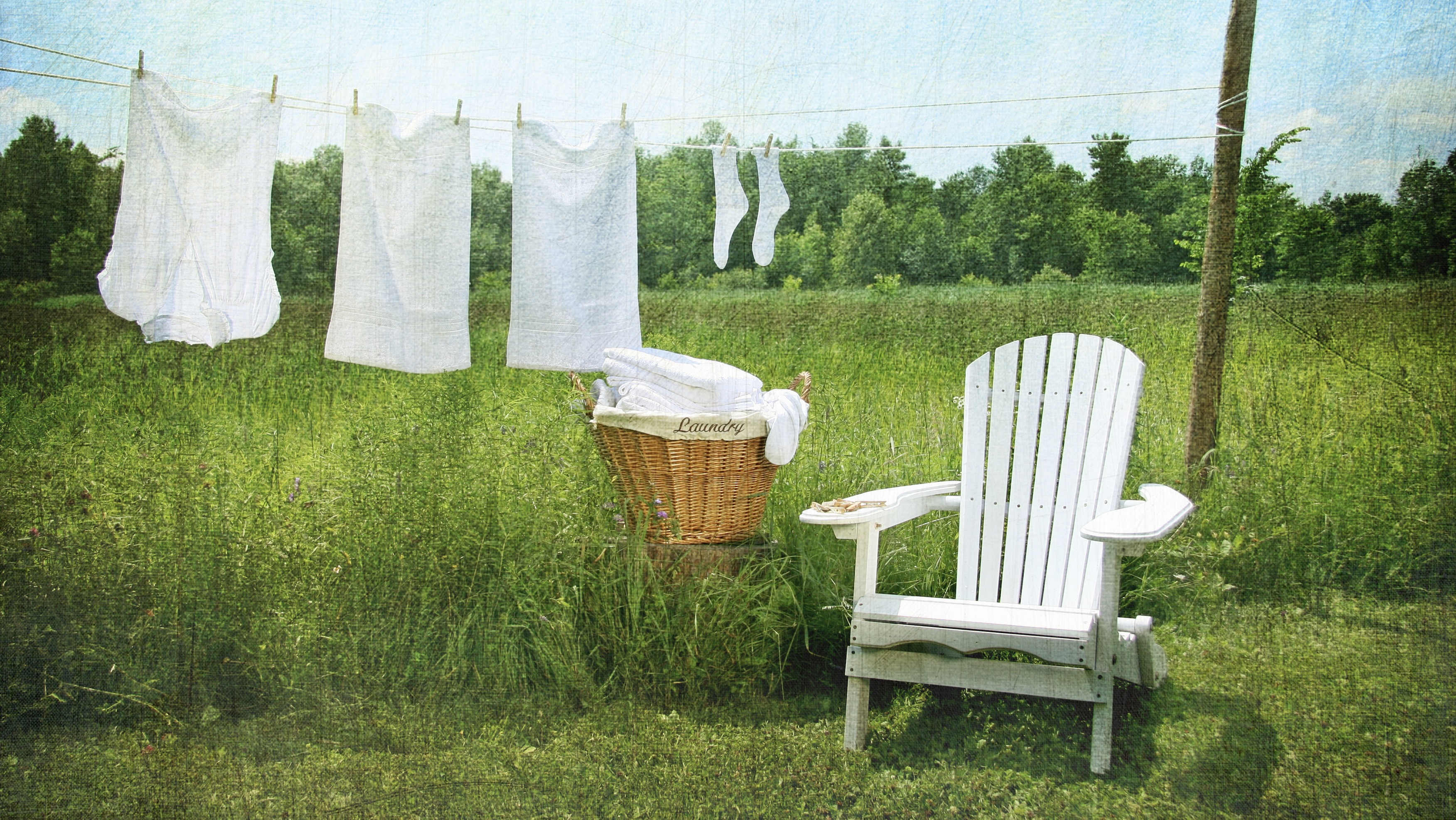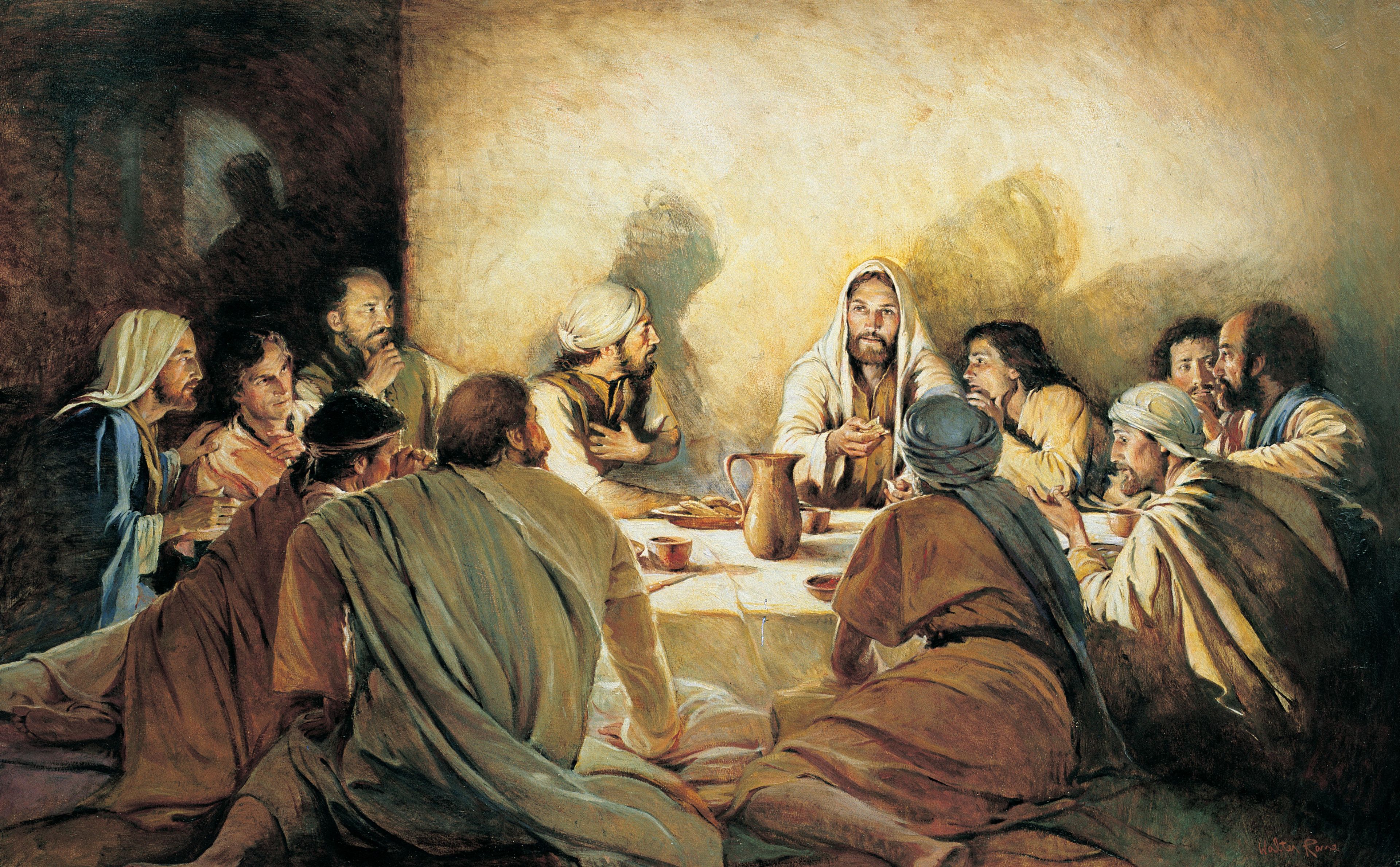At the beginning of the year, I decided I wanted to spend 2021 learning more about and living charity. I am using the aspects of charity found in 1 Corinthians 13 to guide my study. This month, I have been concentrating on “Charity is not puffed up.”
There is a beautiful story of an event that takes places during the Last Supper. Jesus tells his disciples that one of them will betray him (Matthew 26:21-22). They all become very sorrowful, and the scripture says they “began every one of them to say unto him, Lord, is it I?”
I wonder what would have happened had I been there. Would I have looked around and zeroed in on Judas or one of the other apostles and said, “Oh, I know it’s going to be him,” or would I have looked inward and asked “Lord, is it I?”
How often does our pride make us look outward to the faults of others when we should really be looking inward to our own weaknesses.
There is a story of a young couple who moves into a new house. The wife looks out the window every week when her neighbor hangs her laundry. “Look at those dingy sheets,” the wife complains. “Doesn’t that woman know anything about washing clothes?” Week after week this goes on, the wife criticizing the neighbor for how she does her laundry. One morning, the wife looks out her window and gasps. The neighbor’s whites are brilliantly clean, waving in the breeze as they hang on the line. “Well,” she exclaims. “My neighbor has finally learned to do her laundry.” Her husband glances out the window and says, “Oh, my dear, I think she’s been doing her laundry the same ever since we got here. I washed the windows yesterday.”
I think pride gets in the way of charity because we cannot truly show love and judge someone at the same time. If we think we are better than another person, how can we feel anything but a sense of superiority and show a condescending type of kindness? Do we try to ask: “Lord, is it I?”
“Lord, is it the neighbor’s laundry or my windows? Is it my neighbor’s mote or my beam?”
Rick Warren pointed out that when we try to rid ourselves of pride, we don’t think less of ourselves but rather we think of ourselves less. Writer G. K. Chesterton wrote:
How much larger your life would be if your self could become smaller in it. . . . You would break out of this tiny and tawdry theatre in which your own little plot is always being played, and you would find yourself under a freer sky, in a street full of splendid strangers.
We should also never confuse meekness with weakness. “It has been said that meekness is not a recognition of our weakness but rather a recognition of the true source of our strength. There is nothing weak about meek. It is just that when we are humble and meek, we don’t elevate ourselves; we elevate God” (Wilford W. Andersen).
Pride is counter to the concept that we can do nothing of ourselves. Our strength comes from God. God wants us to turn our pride over to Him and let him be the doer of our deeds and the Savior of our souls.
Trust in the Lord with all thine heart and lean not unto thine own understanding. Proverbs 3:5








